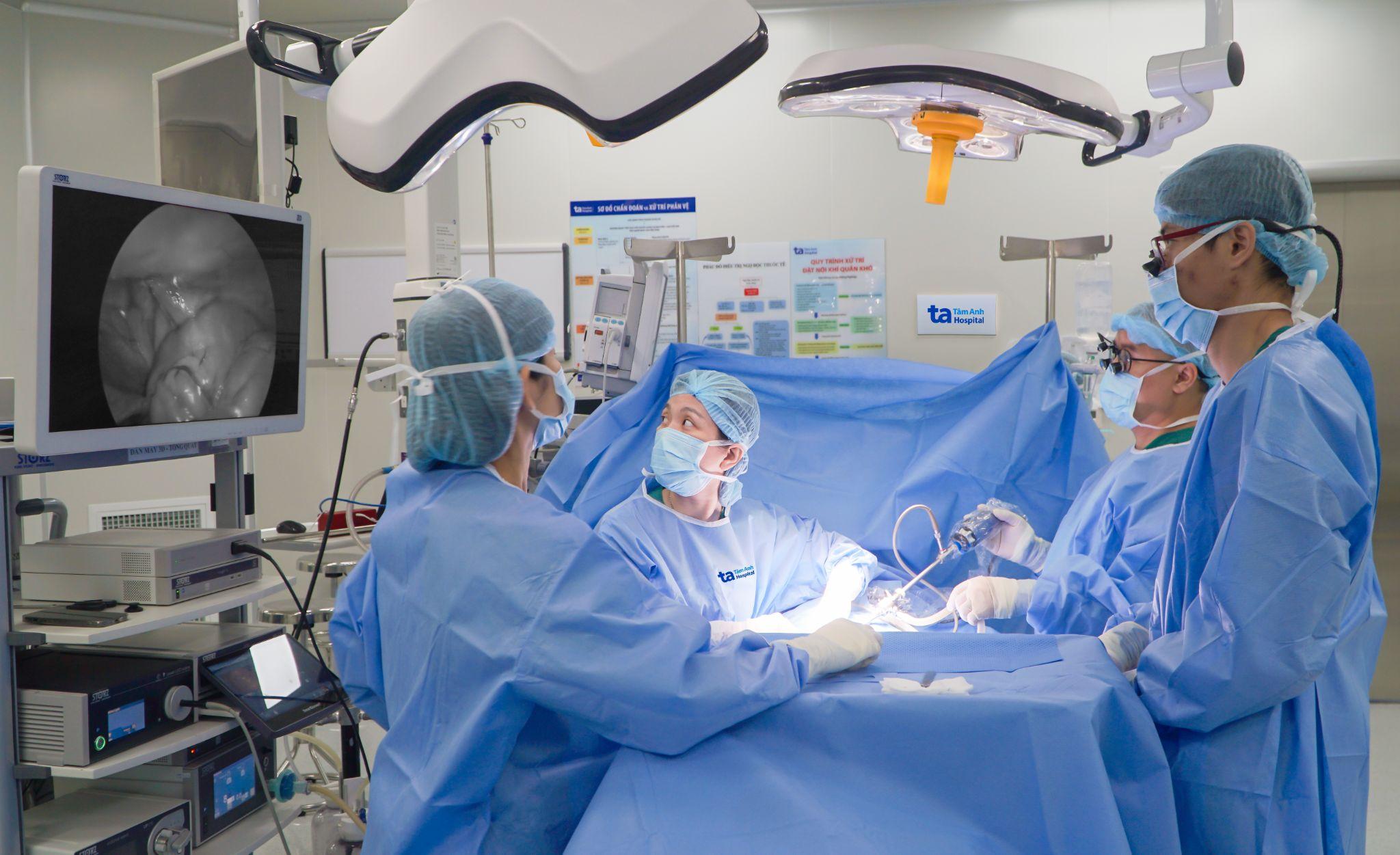According to Dr. Nguyen Thanh Son Vu, a pediatric surgeon at Tam Anh General Hospital in Ho Chi Minh City, appendicitis can occur at any age but is common in children. The exact cause of appendicitis remains unclear. Without prompt treatment, the condition can rapidly worsen. Digestive fluids and other substances within the appendix become trapped, leading to a rupture. This can spill into the abdomen, causing peritonitis (inflammation of the abdominal lining) and widespread infection.
The appendix is typically located in the lower right quadrant of the abdomen. Signs of appendicitis in children include a dull ache around the navel that progresses to more severe pain in the lower right quadrant. Some children experience diarrhea, nausea, and a low-grade fever. Children under 3, unable to describe the pain, may become fussy, refuse to eat, and in more severe cases, appear lethargic with a high fever and abdominal tenderness even to light pressure.
The appendix has some mobility due to its attachment, which can lead to variations in its location. If the appendix is situated in an atypical position (such as under the liver, in the middle of the abdomen, between the small intestinal loops, or on the left side due to situs inversus, a condition where organs are mirrored from their normal positions), the child's pain may not be as localized.
An abdominal ultrasound usually helps doctors assess the appendix with a high degree of accuracy. If an ultrasound is inconclusive, a CT scan may be ordered. Appendicitis in children can be treated with laparoscopic surgery, which leaves minimal scarring, reduces pain, and allows for a faster recovery.
 |
Doctors performing laparoscopic appendectomy on a child. Illustrative image. Dinh Lam |
Doctors performing laparoscopic appendectomy on a child. Illustrative image. Dinh Lam
If not diagnosed and treated promptly, the appendix can rupture (the timeframe varies depending on the individual child), leading to complications. At this point, the infection spreads, and the child's abdomen fills with bacteria and fecal matter. The child may become lethargic, experience intense abdominal pain and distension, develop a high fever, and their overall condition deteriorates significantly.
Complications from appendicitis prolong treatment and surgery, increase the risk of septic shock, and in the worst cases, can be fatal. If a child has abdominal pain suggestive of appendicitis, parents should take them to the hospital immediately for evaluation and treatment.
Don Thuong
| Readers can submit questions about children's health here for doctors to answer. |












